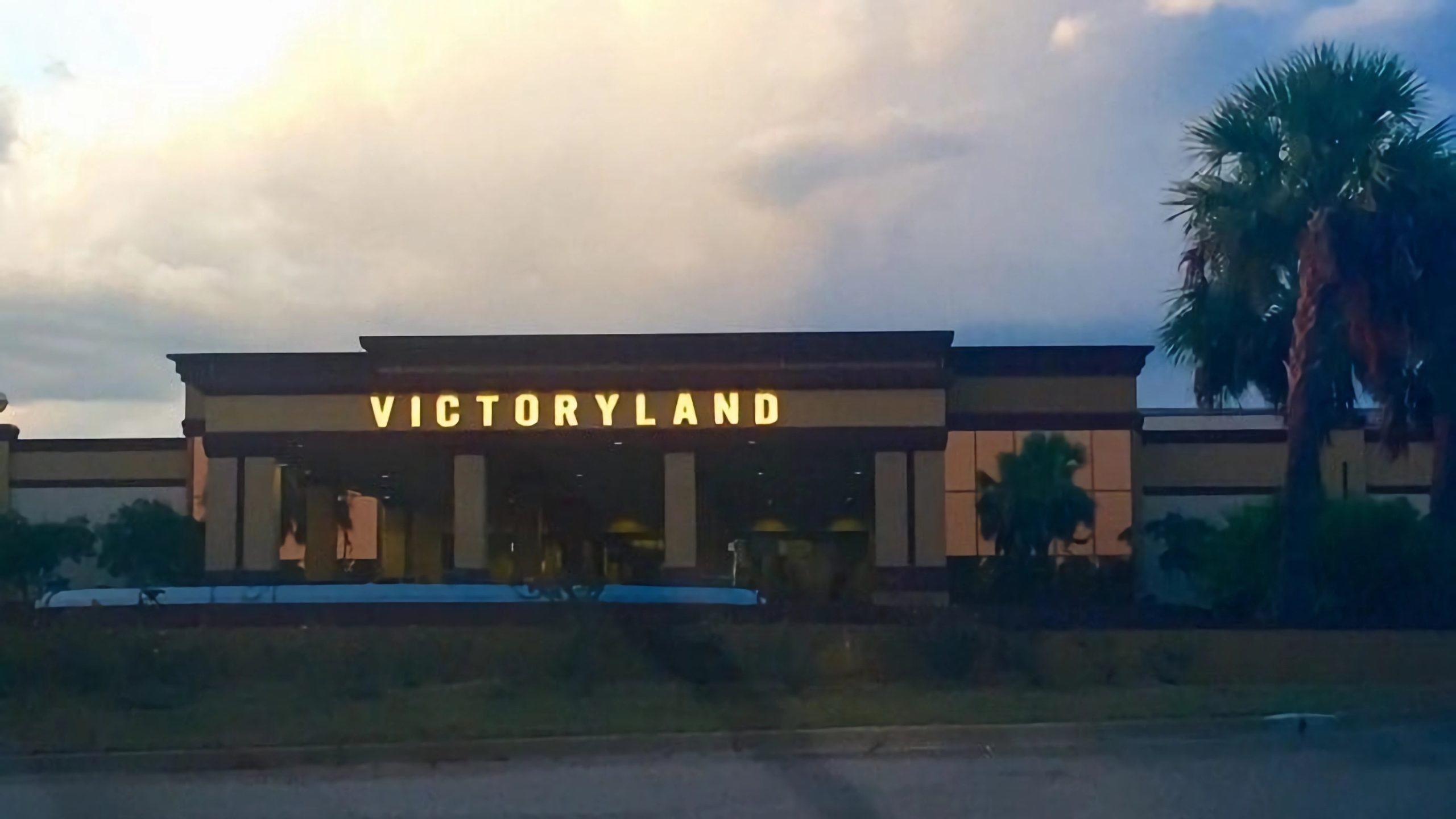|
Getting your Trinity Audio player ready...
|
Surprising absolutely no one, Alabama Attorney General Steve Marshall released a statement on Monday afternoon proclaiming his opposition to a proposed comprehensive gambling bill that’s set to be debated in the Alabama House this week.
Marshall said the bill, which establishes a statewide lottery, sports wagering and 10 casino locations around the state, is bad because it doesn’t solve our problems and because it rewards past bad actors.
I honestly have no idea what Marshall is talking about when he says the bill doesn’t solve our problems. It actually solves pretty much all of the problems related to gambling by establishing a commission to regulate and enforce gaming laws and by strengthening Alabama’s gaming laws. It also solves a number of other statewide issues by devoting buckets of newly-realized tax revenue from an illegal industry that Marshall has claimed is flourishing in this state towards a variety of long lingering problems, such as education, health care and mental health.
But Marshall’s other reason for opposing the bill – that it rewards past bad actors – is actually a fairly old argument that continues to crop up each time we have one of these gambling bill debates. Typically, and this case is no different, it’s trotted out by someone with no real argument against the legislation, but who wants – for whatever reason – to kill it.
It’s also complete BS. Especially this time around.
Let me explain: In the current legislation, casino locations are limited to specific counties and one city, Birmingham. The reason those counties and Birmingham were chosen, according to one of the bill’s primary architects, Rep. Andy Whitt, is because they have all, except for one, voted to approve some form of gaming. Most of them have approved Class III gaming. They have experience with the gambling sites and they want the expanded gaming options.
The one location that is the exception is an undetermined location in northeast Alabama. But in that case, the casino owners must first receive local approval before selecting a location.
The bill does not require the new casino locations to be tied to specific locations, such as VictoryLand or the Birmingham Race Course. Only the county or city, in the case of Birmingham.
Certainly, the current operators in those counties and Birmingham have some advantages, since most have been operational in the state for decades and have longstanding relationships with local and state leaders. But shouldn’t that be the case? In fact, shouldn’t we be encouraging some sort of an advantage for longtime Alabama business owners?
Regardless, it is Marshall’s contention that giving these folks any advantage is a reward to bad actors who “flagrantly defied” Alabama laws in the past.
And that’s utter hogwash.
In reality, Alabama’s complex laws related to gambling and its ever-evolving and very selective enforcement of Alabama Supreme Court decisions led to a drawn out, 20-year legal fight over gambling at several of these locations. At one point, a former AG in this state tried to shut down the Poarch Creek facilities even though they were operating under federal law on tribal lands.
To illustrate just how complicated and convoluted it all is, the most recent instances of Marshall and his office closing down various electronic bingo casino operations around the state were not criminal matters. Marshall filed civil lawsuits against the facilities, claiming they created a public nuisance.
As far as I can tell – and I’ve checked back through as many records as I can find – no one tied to any of the facilities operating in any of the locations proposed in the current bill have EVER been arrested or charged with a crime related to illegal gambling in this state. I mean, surely, if these folks were blatantly in violation of our laws at least one of them would have been charged with something. But no.
The reason for that is there are — and always have been — major questions regarding the legality of gaming.
Take, for example, Macon County. In the early 2000s, Macon County lawmakers managed to get a constitutional amendment passed by the legislature. It was an updated bingo amendment that allowed for bingo games to be played in the county – a requirement since all forms of gambling are illegal in Alabama unless there is a county-specific amendment allowing it.
Voters in Macon County then went to the polls, and following months of debate about “Vegas-style gambling” coming to Macon, they overwhelmingly approved. The amendment placed the sheriff of the county in charge of approving and regulating all gaming in the county.
By this time, federal laws had long established that electronic bingo games were acceptable forms of bingo on tribal lands. That led to the Poarch Creeks operating electronic games at their casino locations.
VictoryLand, located in Macon, wanted to get in on that game. It got approval from the local sheriff and started operating an electronic bingo casino of its own. This was no secret. The governor awarded the former owner of VictoryLand, the late Milton McGregor, the businessman of the year award for, in part, being Macon County’s largest employer and one of the largest employers in the state.
And then, one day, out of the blue, that same governor decided that electronic bingo wasn’t legal. And he ordered it shut down.
The AG at the time disagreed with him. The local sheriff, who was the constitutional officer in charge, disagreed with him. The state courts disagreed with him.
But the Alabama Supreme Court backed him. It issued an opinion stating that all bingo had to be the traditional forms of bingo.
What followed were several years of legal battles. The state argued the Supreme Court had set the law. The casino owners argued that the people and the constitution had set the law. Round and round, over and over.
But this was not a matter of criminal behavior. These casinos — the ones in the counties mentioned in the bill — were not operating in secret. They were not trying to hide from law enforcement. Their argument was always that they were legal and attempting to stay within the confines of the law.
A few years ago, the locations at former dog tracks, which all still hold pari-mutuel wagering licenses, began operating new games that got Marshall’s approval. At an enormous cost, they ripped out the old electronic bingo machines and installed historical horse racing machines. All in an effort to comply with the ever-changing and very weird gambling laws of this state.
Forgive me, but those don’t sound like bad actors. They sound like solid businessmen who had to fight tooth and nail to survive after being hosed by the government.
Let’s not do it again.






















































